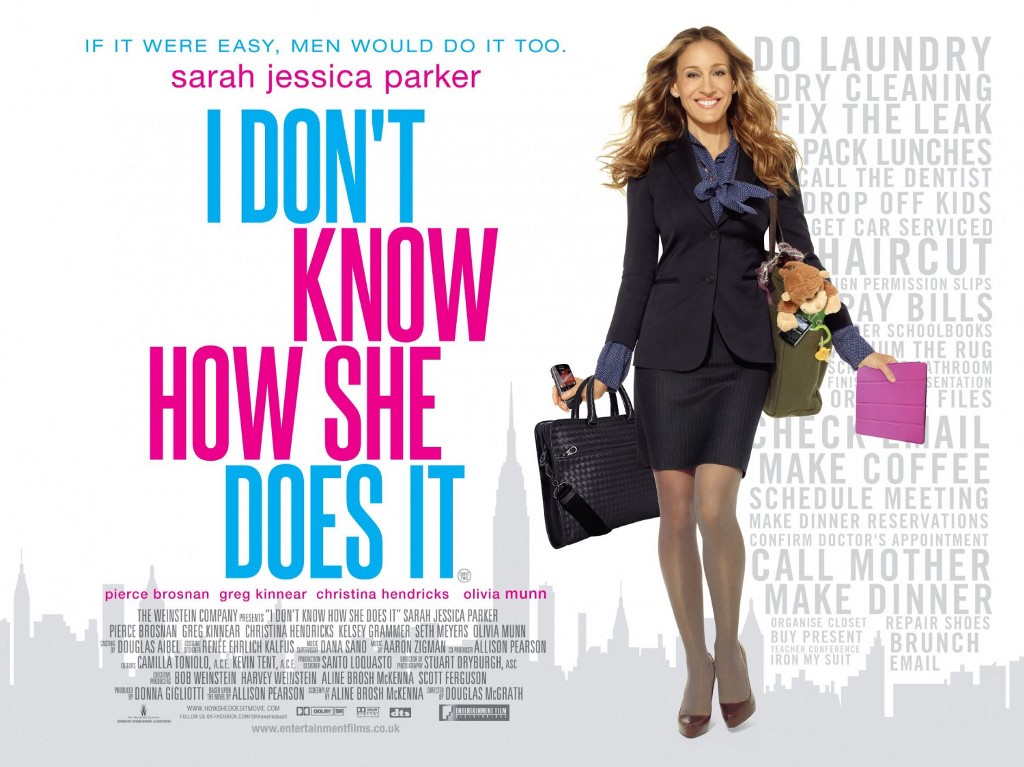On “Work-Life Balance” Experts and the Power of “Should”
Should is bad.

I was previously unaware that there were such things as “work-life balance experts,” but seeing as there are experts for pretty much everything, all the time, it makes sense that this is a thing that exists. Knowing that, it is also unsurprising that these work-life balance experts have a difficult time managing their own work-life balance.
Even Work-Life Balance Experts Are Awful at Balancing Work and Life
The Science of Us points to pioneers in the field and calls the dilemma they face of knowing that working too much without any balance for the rest of your life is dangerous the “expert dilemma — “ knowing that what you’re doing is bad for you but doing it anyway because you can’t help it or maybe because of your own ambition or who knows!
Some work-life experts I spoke to blame themselves, so we may as well start there. They blame bad habits, or worry they lack willpower. Some say they’re so passionate about their work they can’t turn it off, while others worry that there’s always so much more to do, it’s hard to know when they’re “done” for the day.
Katy Milkman, a behavioral scientist at the University of Pennsylvania that spoke to The Science of Us, says “Expertise doesn’t protect us against having human foibles.” Milkman studies that tension that all human beings face between what we want to do in the moment versus what we think we “should” do in the long-run. In order to remedy this disconnect — to reconcile the eternal conflict between what we want and what we should — the notion of “pre-c0mmitments” is a way of solving it.
A raft of behavioral-science research shows that one of the best ways to bring the future closer to the present, to solve the questions of how and when, Dunning said, is to make binding contracts, or “pre-commitments.” When he and a colleague were having trouble procrastinating on a paper they were writing, juggling their own work-life conflicts and missing deadlines, they agreed that if they didn’t stick to their weekly writing schedule, they’d each have to donate money to causes and organizations they disliked. They got their work done.
While I’m sure this method works, it seems like this is another way of setting up another should.You make the list and it’s fine, but updating and managing that list is yet another task — something you should do versus what you want.
It’s this tension — want vs should — that certainly colors a multitude of internal decisions about whether or not to leave the office when everyone else does or to take on that extra task because you think you “should” for no reason. It’s also the kind of horrific mental feedback loop that you can easily fall into when it comes to your finances.
You should save money for a goal that is nebulously defined in the future but you want to buy this sweater. You should find a new job that doesn’t make you feel bad or sad or cry in the bathroom but you want to just do yours and then go home and watch TV. Both options are fine — find the new job if you want or just do the job you have and go home and watch TVShould is a scourge — it’s the dark, murky core at the heart of so many existential crises that spring up for no good reason — and the only person that “should” matters to is yourself.
Support The Billfold
The Billfold continues to exist thanks to support from our readers. Help us continue to do our work by making a monthly pledge on Patreon or a one-time-only contribution through PayPal.
Comments